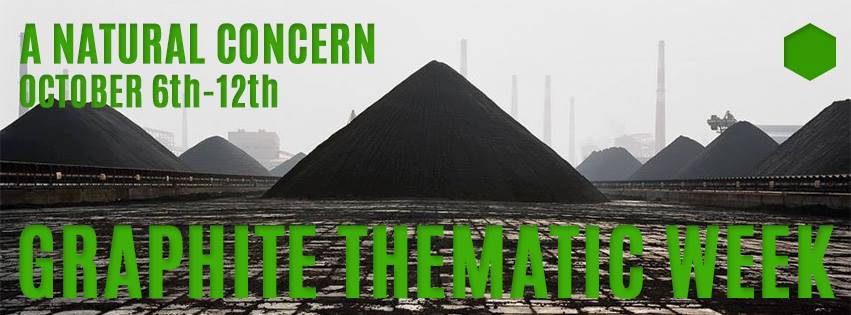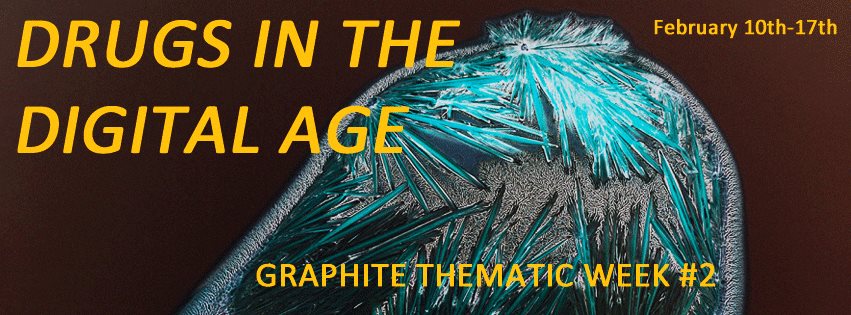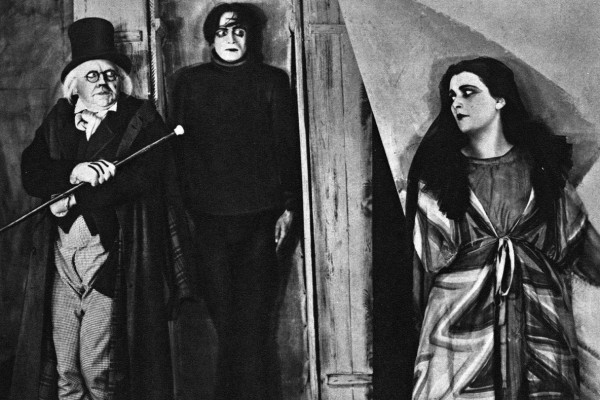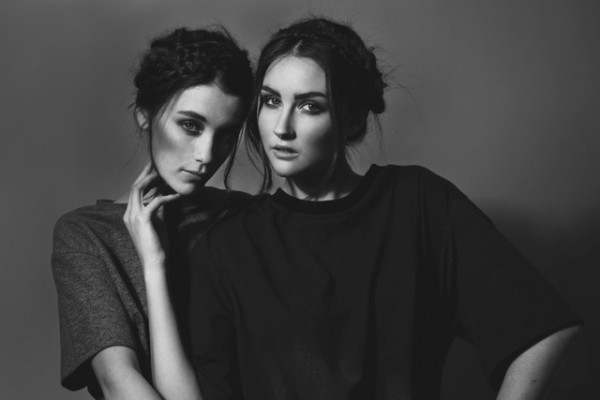1. Good morning! Can you tell us a bit about your music? What marked the beginning of your art?
I started to make music in 1983-84 in East Germany. As a teenager, I was influenced a lot by these avant-garde and industrial bands like Flying Lizards or Throbbing Gristle who make music more with sound rather than instruments. That was the first source of my music.
2. Would you say that being in East Germany greatly influenced the way that you wanted to create your music?
In a way, it was very limited because we didn’t have many instruments. We couldn’t travel to Western countries – we could only travel to Poland and Czechoslovakia and other Communist countries, which was also nice. I don’t regret it. But it was hard because with my band – when we wanted to play in the East, we needed the permission of the government. And we didn’t want that, so my band was not allowed to play anywhere. We had to play in private places, in garden houses, wherever people would let us play. It was a quite challenging time for young artists and musicians. When you are a teenager, you also like to fight the evil power like Lord of the Rings fighting against the dragons, or something like that. Growing up in the East and making all these tricks against the police against the secret police was also fun.
3. You founded a punk band, Ornament und Verbrechen, in the 1980s. How has punk influenced your work in electronic music? How are punk and electronic musically related? And would you say that your music today is still influenced by this period of your life, or are you trying to create something very different?
We founded Ornament und Verbrechen in 1984, I think, and it has always been more like a collective idea, rather than having a band. It meant that in the first place, it was just my brother and me – I’m on the synthesizer keyboard and my brother on the drums. And then, another guy came, and then another guy… We never told the people who joined us to make our music. Whenever somebody new came, the whole music changed.
If you ask for punk rock, well… The main thing was that punk rock gave energy. It was like, let’s say, an electric shock. It was not a type of music in itself but more the attitude of “We can do it, we just do it, we don’t care”.
My working methods now are not so far away from my working methods in the 1980s. When I listen to old stuff, some still sound very fresh, and some still have the same mindset: loopy, simplicity, handmade elements. I see there is a big connection between the past and the present in my work.
4. You said that punk rock was very productive in bringing all the energies together but punk rock is usually also a reaction against something. From your part, was it a reaction against society, defending an ideal, or was it more a musical aesthetic quest?
In the East, it was kind of special because the government forced you to be political – you couldn’t just be, you had to put yourself into a certain position in the society. So growing up with punk music meant that we were against the government – not so that we try to find a different way of developing a society, but just to say: “We don’t want your stuff, we don’t care what you do. We don’t see there is anything interesting for us, so just leave us out, just do your stuff and we do our own stuff”. In the East, it was already a political statement, and some of my friends went to prison. I was banned from Alexander Platz. For a year, I couldn’t go there. Our bohemian punk existences had consequences but that was okay too.
5. In 1995, you founded To Rococo Rot, and you come from Berlin. So how has the reunification of Germany played an important role in your music?
Reunification was only made because techno just became big. The whole reunification is about techno. That’s my private myth because it was the year techno became big that the Wall fell down. It was for Berlin and for the international techno scene an explosion, because you had all these empty spaces – suddenly, there were all these big techno clubs – all these people from Detroit got invited. Again, this is my private myth and, of course, it’s not true, but change in Berlin and in the whole system and in the whole world I lived in collapsed in one day or one year. That, of course, changed a lot for me. It took me, let’s say, five years to adopt the new situation. I am a quite slow person so it took me a while. I had to understand the new way of how people interacted with each other.
Our creative work was not so much influenced by the changes of everyday life around us, but there where fantastic times to make and listen to music. It was the time when house was just over. Techno was on. Then, in the early 1990’, drum n’ bass and jungle – and, I have to say, I love jungle. That was a wonderful crazy movement of music. That was much, much more influential to us – to the early To Rococo Rot than the new political situation. Of course, if the wall would still be there, To Rococo Rot wouldn’t exist because Stefan (Schneider) is from the West Germany, from Dusseldorf, and my brother and I are from East Germany. We only benefited from that event.
6. Today, you are said to experiment electronic music with jazz or even classical music. What does this bring to your music and your reflections about your art to work concerning so many different types of music?
It is a slow process to bring classical music and electronic music together. They are many experiments but if you look closer at actual scenery of composers and ensembles for contemporary music, it is still quite a closed up scene. Bringing these two worlds together is not so easy. Of course, it has been done in many, many ways: sometimes with better results, sometimes it is just awful. I also have a background in set and costumes design for operas. I always had the longing bringing these two worlds also together. I have done this with a few operas, I have done the set design but also some music. It was actually interaction between the set design, electronic music and baroque music in a quite radical way of combining these elements.
I like changes and I like jumping from one world to the other because the worlds can be quite different. When you work on the opera scene, it is completely different from the club scene. I like to get inspiration from all these different sources.
7. You are playing at EM15 Mutek Festival, in Montreal. What are your expectations from the show tonight? How do you find the atmosphere here compared to Berlin?
It is my first time at Mutek. I am very happy to play. I expect everything from tonight: lots of bass, lots of nice people. The line-up is very, very good: Jesse Noir and Grischa Lichtenberger, and Kangding Ray. It is a perfect line-up for me.
I have been once to Montreal, playing a show with my friend Debashis Sinha. I really liked the openness of the people here. They know a lot about electronic music, thanks to Mutek, Elektra and other events. People are still very enthusiastic about that music. I think it’s a good place. I mean the weather today is awful. I guess tomorrow, it will be good place to be.
Robert Lippok played at the Mutek Festival on May 27th, 2014.
By: Alix Guibert and Alice Guiyole




